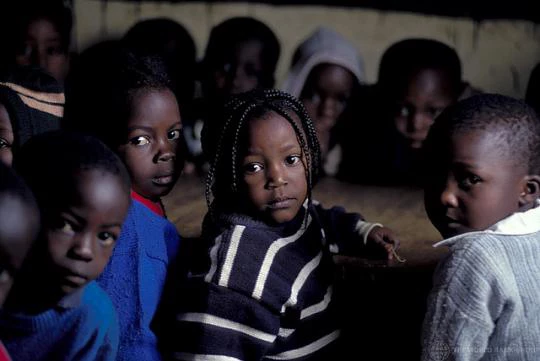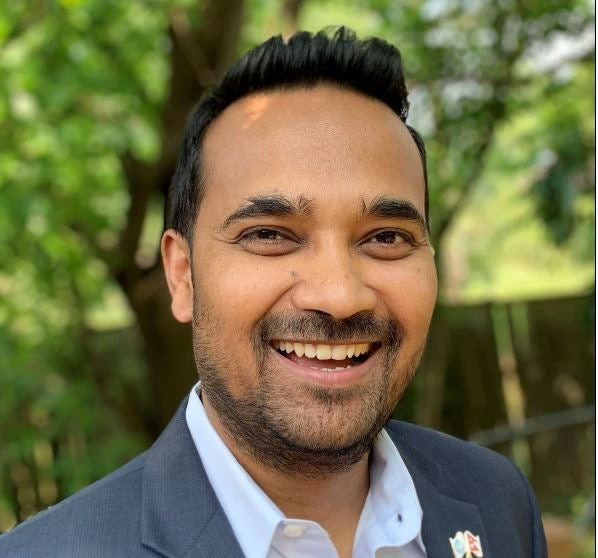
When Jane Otai said there are flying toilets in slums of Nairobi, most of her audience, like me, was trying to figure out what she meant.
A few others laughed softly. Because there are no toilets, she said, “people just do it [in bags] and throw it on the rooftops.” And it is really difficult for women and girls, she added.
Otai is a 2013 New Voices Fellow at the Aspen Institute, an international nonprofit that fosters “enlightened leadership and open-minded dialogue.” She went on to explain how slums in Nairobi lack basic necessities. Then she shared an impassioned story about what keeps her up at night: family planning. As a mother of three, Otai knows that if women can practice family planning, “then they will have a better health as women and their children will also enjoy better health.” But without the basic necessities of life and a lower infant mortality rate, it’s difficult to get women to focus on family planning.
Otai, who identified herself as a daughter of slums, was at World Bank Group headquarters in Washington, D.C., on a December afternoon for DevSlam, a pilot initiative by the Aspen Institute New Voices Fellows and the World Bank. In a room of roughly 50 international development professionals, speakers like Otai shared their stories, experiences, and hopes for the future.
As the event unfolded, it was clear that stories affect us like nothing else. Good stories stick to our memory and shape us as a good teacher shapes a student.
Since the dawn of humanity, we have faced challenges and traumas and achieved triumphs. Those experiences have been passed on to generations via stories. Stories remain probably the most powerful tool for us to share our experiences and challenges. Stories inspire individuals, communities, and countries. Stories have inspired me.
When I was a kid, my father told me a story about a lanky teenager. He wasn’t very good in school. Eventually he was kicked out of the school by his teachers. His parents were furious. They kicked him out of the house.
Frustrated, the teenager left and walked toward another village with no destination in mind. It was a hot day. He got thirsty. As he kept walking in hopes of finding water, he saw a well. Sari-clad women were washing their dishes and getting water for their homes. He threw in a bucket that was tied to the rope in the well. As he started to pull up the bucket filled with water, he noticed that the rope had eroded the bricks of the well until they were halfway gone.
After drinking, he sat down and thought: If a mere rope can wear away bricks, why can’t I go back, study hard, and succeed? The teenager went back to his house, studied hard, and did well. The moral of the story is that persistence pays off.
There were many lessons at DevSlam as well.
At the World Bank, we realize the importance of stories. As we continue to relentlessly work toward ending extreme poverty by 2030 and boosting shared prosperity, we know that sharing our stories will be important.
Has a story inspired you? Tell us in the comments.


Join the Conversation